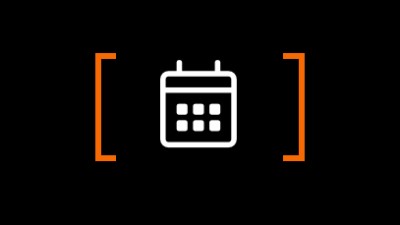
Robert Osgood
Associate Professor
Robert Osgood
Associate Professor
Education
BS, Jackson State University; MS, Ph.D., University of Southern Mississippi
Bio
Dr. Osgood enjoyed a 23 year career as a medical technologist before joining RIT. Following a 3.5 year postdoctoral fellowship in oral microbiology at UAB, he came to RIT. Noted for his student teaching, motivation and mentoring, his research has been published in several scientific journals.
Select Scholarship
Currently Teaching
In the News
-
November 3, 2023
![researcher wearing a white lab coat posing in a lab.]()
RIT researcher looks for genetic switch to prevent ‘sleeping sickness’ in cattle
RIT researcher Bolaji Thomas is leading a $650,000 study to compare the genetic response in cattle in sub-Saharan Africa to the parasitic disease Trypanosomiasis, or “sleeping sickness,” that attacks their blood and brain. As parasites adapt to a warming world, the biting fly that transmits Trypanosomiasis could someday migrate to northern climates.
-
January 15, 2021
![professor and student working with lab equipment.]()
LSAMP and McNair Scholars programs provide important research opportunities
A record 15 students participated in fall research projects thanks to support from the Louis Stokes Alliance for Minority Participation (LSAMP) and Ronald E. McNair Post-Baccalaureate Achievement programs.
-
May 9, 2019
![Faculty member and student pose together.]()
Mastering microbes: Student combines engineering, bioscience to decrease infections from medical devices
Samuel Lum found several things in common with his faculty mentor, Robert Osgood, including excitement about research and a project that could save lives. Lum’s background in mechanical engineering technology and Osgood’s microbiology expertise in studying biofilms would be the kind of multidisciplinary approach that could lead to identifying the genes most likely responsible for hospital-associated catheter infections.






